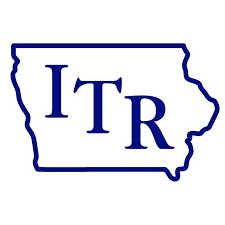New behavioral health report outlines service gaps in Central Iowa

BUSINESS RECORD STAFF Jun 12, 2015 | 4:56 pm
2 min read time
383 wordsAll Latest News, Health and WellnessHigh health care costs are one of the most significant barriers for residents to access behavioral health services and substance abuse treatment in Central Iowa, according to a report just released by local human services agencies.
The Community Foundation of Greater Des Moines, United Way of Central Iowa and Mid-Iowa Health Foundation have released a 41-page report,“Challenges and Opportunities for Mental Health and Substance Use Service Delivery in Central Iowa,” that pinpoints needs for greater coordination of services and provides 11 recommendations for improvements.
The agencies contracted with Technical Assistance Collaborative Inc. to conduct the study. Numerous stakeholders, including health care providers, behavioral health providers, human service agencies, law enforcement personnel, school districts, family members, associations, advocacy groups and state and county personnel were interviewed. Reports were presented to key leaders in late May, and now funding partners are beginning to work with stakeholders and leaders to develop tactics to meet the report’s recommendations.
The report identified a number of positive attributes of the behavioral health service system in central Iowa, including:
- Strong collaboration among agencies and organizations.
- A willingness to pursue innovation, such as Integrated Health Homes.
- A commitment to address the needs of low-income individuals and families with significant life challenges, including mental health disorders, substance use disorders, exposure to violence and homelessness.
- A commitment to support individuals affected by trauma, including refugees.
However, participants also identified gaps in services, insufficient supports and barriers to accessing care. Stakeholders suggested the need for:
- A children’s system of care, with core services that provide for a full array of services and supports regardless of a child’s health care coverage.
- Better access to psychiatry services.
- Access to safe and affordable housing.
- Better access to treatment for substance use and co-occurring mental health and substance use disorders.
- Improved access to transportation.
Regarding cost, only about one-third of Iowans are covered by health plans that fall under the insurance commissioner’s jurisdiction to enforce Affordable Care Act mandates, such as mental health parity, the report found. Additionally, a large percentage of Iowans have coverage through employer self-insured plans, which often have higher co-pays and deductibles and more restrictive coverage for behavioral health services.
To view a video from this week’s Power Breakfast on mental health in the workplace and to see other related articles, click here.









